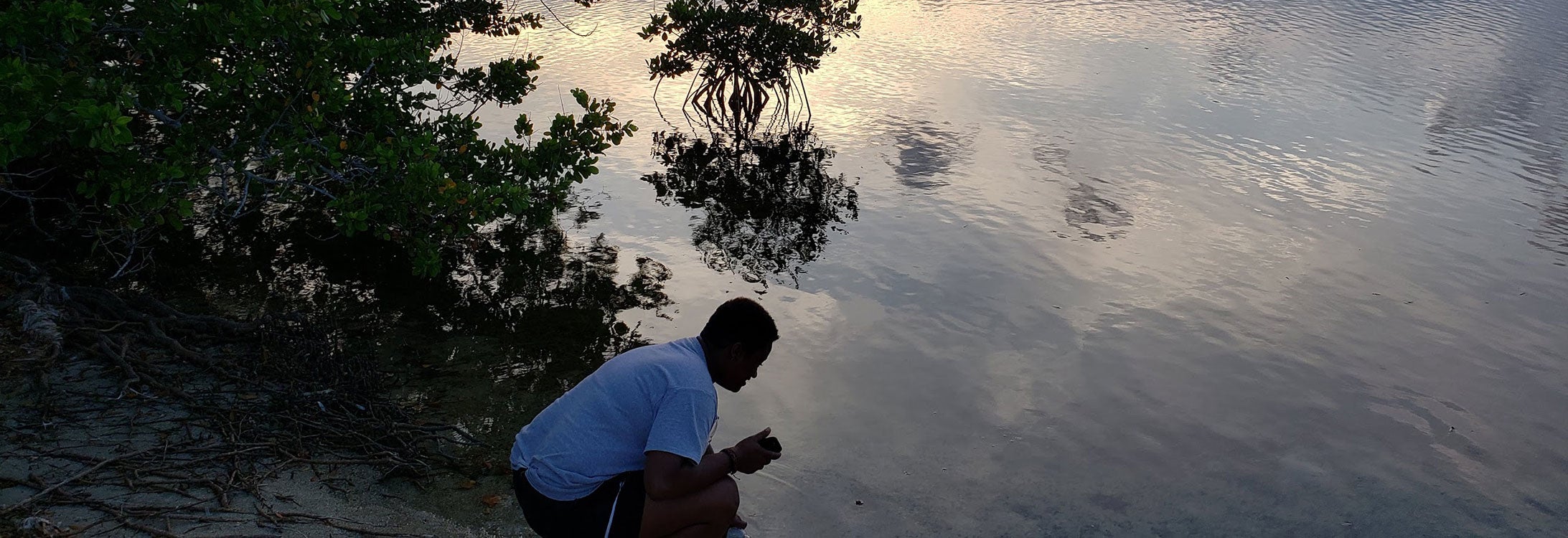Activities
Projects
Current Funded Projects
- CNH2-L: An integrative analysis of perceptions, policy, and land use impact on coastal agricultural watershed resilience (Peralta, Ericson, Howard, Reyes, Etheridge, Griffith)
- Team experiences and mentoring strategies for undergraduate research (TEAMS-UR) (Walker, Vance-Chalcraft, Sylcott, Moysey, Farwell)
- REU Site: Resilience and adaptation to coastal change across virtual communities (Moysey, Corbett)
- Predicting drinking water contamination from extreme weather to reduce early life contaminant exposures (Etheridge, Peralta, Collier, Kruse)
- A paired-watershed approach to evaluate the influence of onsite wastewater nutrient inputs to Falls Lake, NC (O’Driscoll, Humphrey, Iverson, Hoben)
- Nutrient loading from onsite wastewater systems in the Falls Lake Watershed: Evaluating the potential for nutrient load reductions via bioreactors (Iverson, O’Driscoll, Humphrey, Bell, Hoben)
- The effects of stormwater control measures on Town Creek: Quantifying water quality improvements and stormwater reduction in an impaired urban watershed (O’Driscoll, Humphrey, Peralta, Iverson)
- Wastewater infrastructure tipping points: Prioritizing implementation of climate adaptation plans in decentralized systems (Harrison, Edwards, Bowden (NCSU), Humphrey, O’Driscoll (ECU), Hill (UGA))
- Reducing non-point sources of pollution and improving water quality in the Lick Creek watershed (Humphrey, Manda, Peralta, Etheridge, O’Driscoll)
- Reducing stormwater runoff at everyone carries an umbrella university (ECU) (Humphrey, O’Driscoll, Etheridge, Iverson)
- Mitigating the effects of storm water flooding in coastal regions using machine learning techniques (Manda, Wu)
- RAPID: Acquisition of Critical Data for the Validation of Watershed Response Models in Eastern North Carolina (Moysey, O’Driscoll, Humphrey, Cooper)
- IUSE: EHR: Assessing Virtual Reality Field Experiences for Enhanced Learning in the Geosciences (Moysey, Wu)
- Evaluating groundwater contamination in Zambia – Fulbright (Manda)
- Building Team Science to Support Sustainable Animal Agriculture in North Carolina (Iverson, Moysey, Sousan, Humphrey, O’Driscoll, Peralta, Wolf, Mosier, Osburn-NCSU, Levine-NCSU)
- Attainment and Synthesis of Critical Field Data to Evaluate the Influence of Onsite Wastewater Nutrient Inputs and Validate Models in the Falls Lake Watershed (O’Driscoll, Humphrey, Iverson)
- Integrating Mathematics and Geology IN Eastern North Carolina (IMAGINE-NC) (Moysey, Manda, Aurora Fossil Museum, Woods, Mitchell, Thompson, Doster)
Programs
URGE Journal Club
Every second Wednesday @ 10:00AM, starting January 27.
Unlearning Racism in Geoscience (URGE) is a national program sponsored by the National Science Foundation to support a nation-wide journal reading curriculum to unlearn racism and improve accessibility, justice, equity, diversity, and inclusion (AJEDI). All are welcome to join the WRC’s URGE POD to discuss the challenges that racism brings to education, with a focus on geoscience and field-science related disciplines, but ALL ARE WELCOME to join the discussion POD. We will hold these discussions online using Microsoft Teams. Contact John Hoben (hobenj19@ecu.edu) for more information and use this Google Form to sign up if you are interested in joining the POD! Students, faculty, and staff are welcome!
WRC Coffee Time!
All are welcome to stop by the Water Resources Center every 1st and 3rd Wednesday of the month at 10am. This is a great chance to informally meet others interested in water and learn about activities going on around ECU. Occasionally there will also be special speakers presenting short talks on water research, careers, equipment and more!
Travel Grants
Students and faculty are welcome to apply for travel grants through the WRC to support their research and dissemination activities. More details on the current grant program are available through our internal Microsoft Teams site (see the Resources page for how to join).
